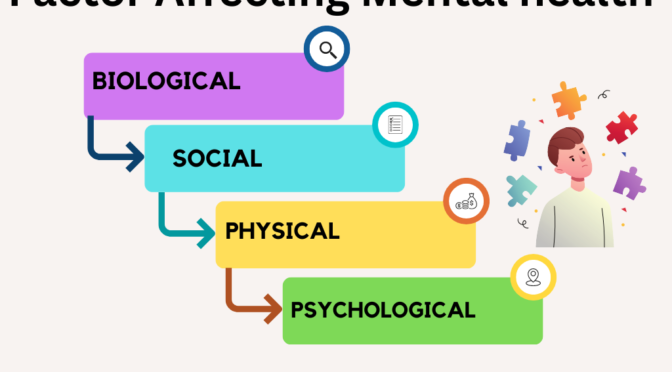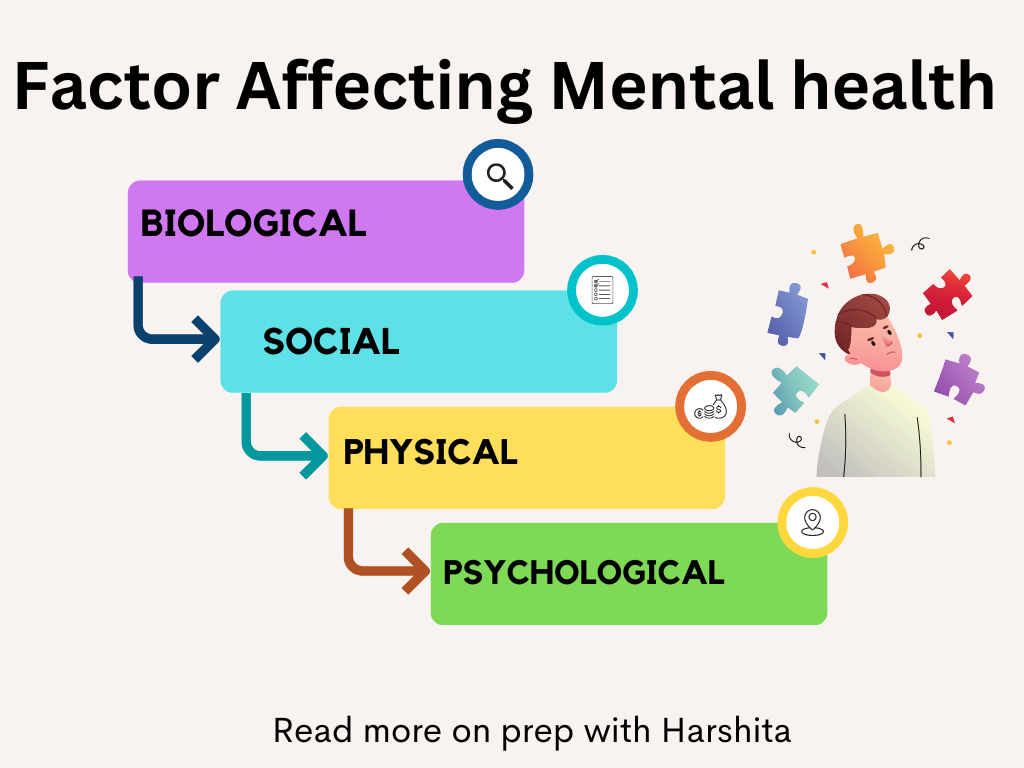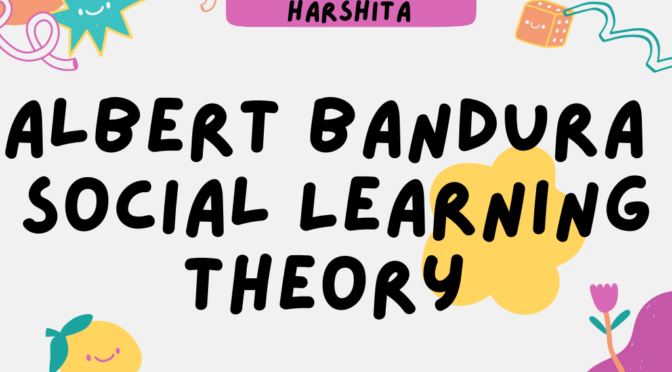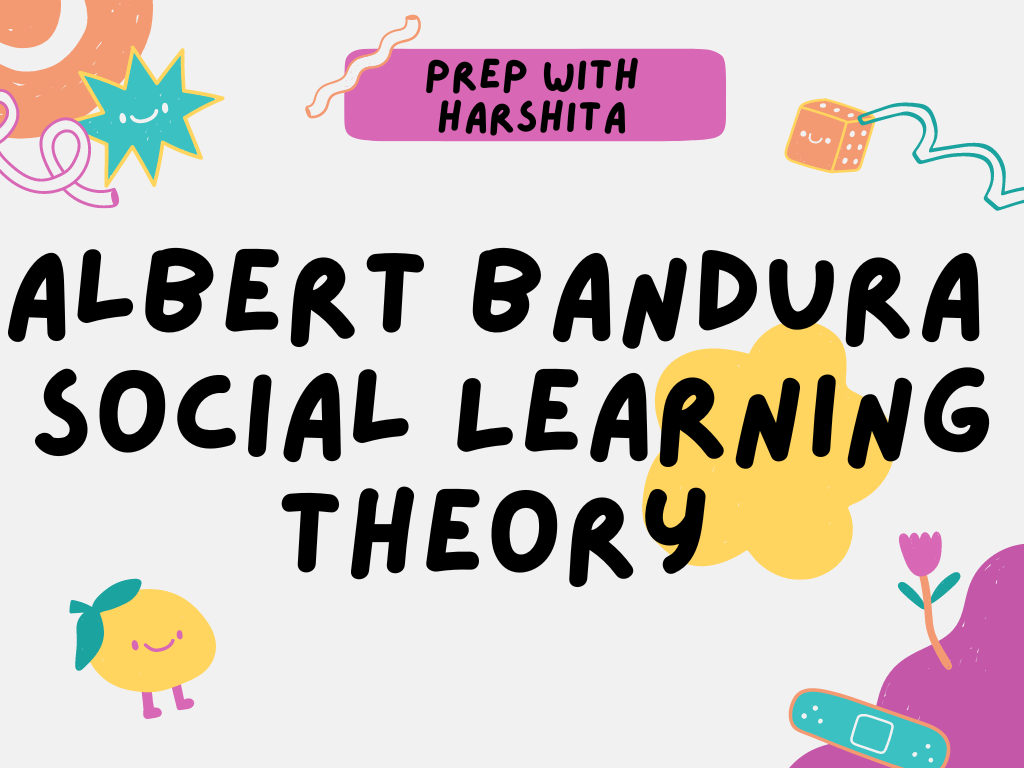Remedial teaching is an educational approach that provides additional support to students who are struggling with specific academic skills. This type of teaching aims to identify and address the areas of difficulty that individual students are experiencing in order to help them overcome these challenges and achieve academic success.
Significance of Remedial Teaching:
Remedial teaching is significant because it helps students who may have fallen behind their peers to catch up and progress at their own pace. It is important to understand that students who struggle with academic skills are not necessarily lacking in intelligence, but may simply require additional support and instruction to fully grasp the material.
The following are some key aspects of the meaning and significance of remedial teaching:
- Identification of academic difficulties: Remedial teaching begins with the identification of the specific academic difficulties that students are experiencing. This can involve assessments, observations, and discussions with the students themselves, as well as their parents and teachers.
- Tailored support: Once the areas of difficulty have been identified, remedial teaching provides tailored support to help students overcome these challenges. This may involve individual or small-group instruction, specialized teaching materials, and a focus on building specific skills.
- Positive reinforcement: Remedial teaching also involves providing positive reinforcement to students. This can take the form of praise, encouragement, and recognition of progress. Positive reinforcement can help to build confidence and motivation, which are important factors in academic success.
- Ongoing monitoring and evaluation: Remedial teaching is an ongoing process that requires regular monitoring and evaluation. Progress is continually assessed to ensure that the instruction is effective and that the student is making progress.
- Integration with mainstream education: Remedial teaching is designed to support students within mainstream education. It should be integrated with the regular curriculum and instruction, and should not be seen as a separate or inferior form of education.
Overall, remedial teaching plays a significant role in ensuring that all students have the opportunity to succeed academically. It provides targeted support to help students overcome specific academic difficulties, builds confidence and motivation, and integrates with mainstream education to ensure that students can continue to progress and achieve their full potential.
Benefits of Remedial Teaching :
- Improved academic performance: The primary benefit of remedial teaching is improved academic performance. By providing tailored instruction and support, students can overcome specific academic difficulties and make progress in their learning. This can lead to higher grades, increased confidence, and a stronger foundation for future learning.
- Increased motivation: Students who receive It often feel more motivated to learn. This is because they receive positive reinforcement for their efforts and see tangible progress in their academic performance. Increased motivation can lead to greater engagement in learning and a more positive attitude towards school.
- Personalized learning: Remedial teaching provides personalized learning opportunities for students. This means that instruction is tailored to the individual needs of each student, rather than a one-size-fits-all approach. This can help students to learn at their own pace and focus on the areas where they need the most support.
- Reduced frustration: Students who struggle with academic skills often feel frustrated and discouraged. It can help to reduce these negative feelings by providing support and instruction that is tailored to their needs. This can help to build confidence and reduce stress, leading to a more positive learning experience.
- Increased self-esteem: It can also help to increase self-esteem in students. By providing positive reinforcement for progress and building skills in areas of difficulty, students can feel more confident in their abilities. This can lead to increased self-esteem and a more positive outlook on their academic potential.
- Improved social skills: It can also have positive effects on social skills. When students receive support and attention for their academic needs, they can feel more connected to their teachers and peers. This can lead to increased social skills and a greater sense of belonging within the school community.
Strategies of Remedial teaching :
- Diagnostic assessment: Before beginning It, it is important to conduct a diagnostic assessment to identify the specific areas of difficulty. This can involve assessments, observations, and discussions with the student, their parents, and their teachers.
- Individualized instruction: It should be tailored to the individual needs of each student. This may involve one-on-one instruction or small-group instruction that is focused on the areas where the student is struggling.
- Multisensory instruction: Multisensory instruction is a teaching approach that involves engaging multiple senses in the learning process. For example, a student who struggles with reading may benefit from instruction that involves visual aids, auditory input, and hands-on activities.
- Scaffolded instruction: It should involve a gradual release of responsibility from the teacher to the student. This means that the teacher should provide support and guidance as needed, but gradually allow the student to take on more responsibility for their own learning.
- Positive reinforcement: Positive reinforcement is an important aspect of remedial teaching. This can involve praising the student for their efforts, recognizing progress, and providing incentives for success.
- Practice and repetition: Remedial teaching often involves practice and repetition of specific skills or concepts. This can help to reinforce learning and build confidence.
- Technology-based instruction: Technology can be a useful tool for remedial teaching. There are many online programs and apps that can provide additional support and instruction in specific areas of difficulty.
- Collaborative learning: Collaborative learning can be an effective strategy for remedial teaching. This involves pairing students with different levels of ability so that they can learn from each other and provide support to one another.
- Ongoing monitoring and evaluation: Remedial teaching is an ongoing process that requires regular monitoring and evaluation. Progress should be continually assessed to ensure that the instruction is effective and that the student is making progress.
Also Visit : Prep with Harshita

Also Read : Peer Support Program









